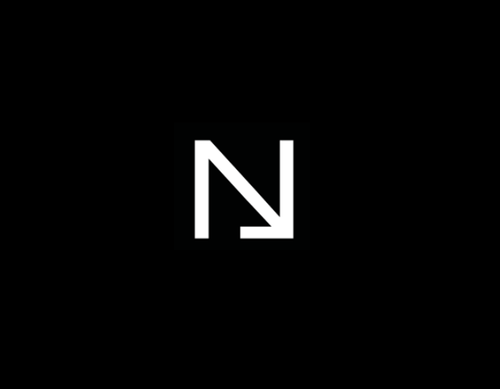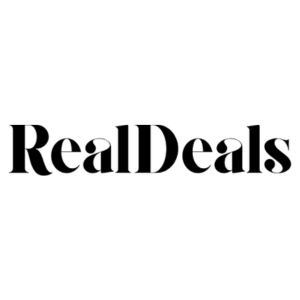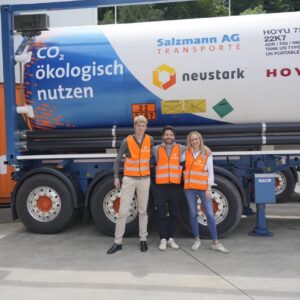
Normative: Financial reporting for the Net Zero world
In 1929 one of the greatest bull stock markets in US history came to a devastating crash. While new forms of mass media and margin lending encouraged unsound investments, limited and inconsistent financial reporting dictated by companies themselves was also a key factor. To rectify this, the NYSE and the American Institute of Accountants formed the first accounting principles in the 1930s – now known as GAAP and underpinned by a ~$500b global accounting services and software industry.
Today, the world is hurtling towards another crisis – an unlivable planet if emissions are not reduced by 45% by 2030 and Net Zero not achieved by 2050. There is a lot of enthusiasm to address the challenge – 90% of global GDP is committed to Net Zero – but like in the 1920s, limited and inconsistent reporting is thwarting, in this case, carbon reduction. For example, a BCG survey found 66% of respondents do not report emissions from their supply chain – which on average forms ~90% of a company’s emissions – and 56% of respondents do not measure their emissions frequently enough to inform their decision making. Thankfully, disclosure obligations are rapidly growing globally, and so just like with financial reporting, companies will be required to produce regular, accurate and auditable carbon reporting. To achieve this, they will need to enlist the support of software providers.
This is why we are investing in Normative. Normative was co-founded in 2014 by Kristian Rönn – who well before many others realised that carbon reporting both needed to, and would, become a global norm. Over the last 8 years, the Normative team has built a carbon accounting platform that accurately measures companies’ emissions, including the difficult to calculate supply chain emissions. Normative does this by running companies’ transaction data through its database of 30 million data points – this in-depth data driven approach enables accurate emissions measurements that stand up to audit-scrutiny as well as a painless process that enables emissions to be measured regularly enough to inform commercial decisions.
While the scale of challenge posed by the climate crisis is daunting to say the least, it is hopeful that we are acting early, and companies such as Normative are leading the charge, on one of the key lessons of the 1920s – the need for accurate reporting to ensure sound actions can be taken.




